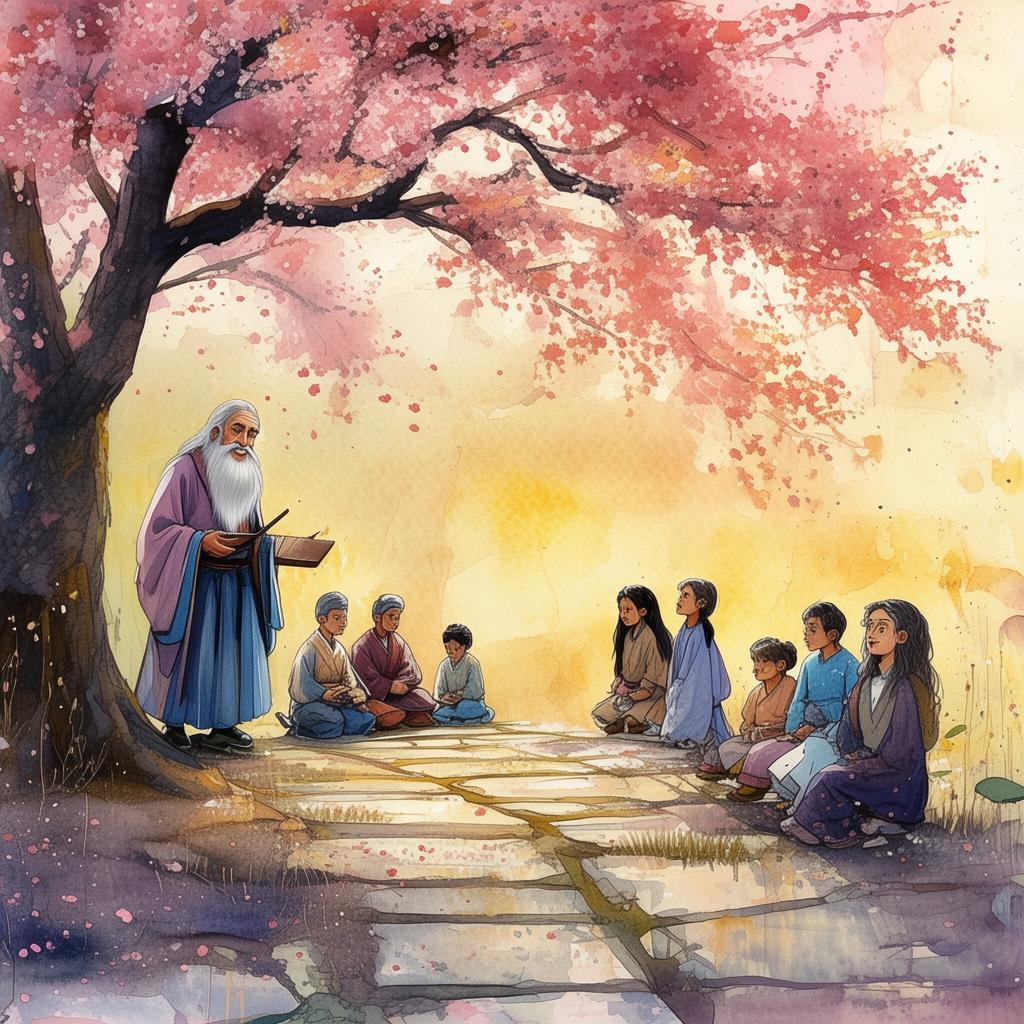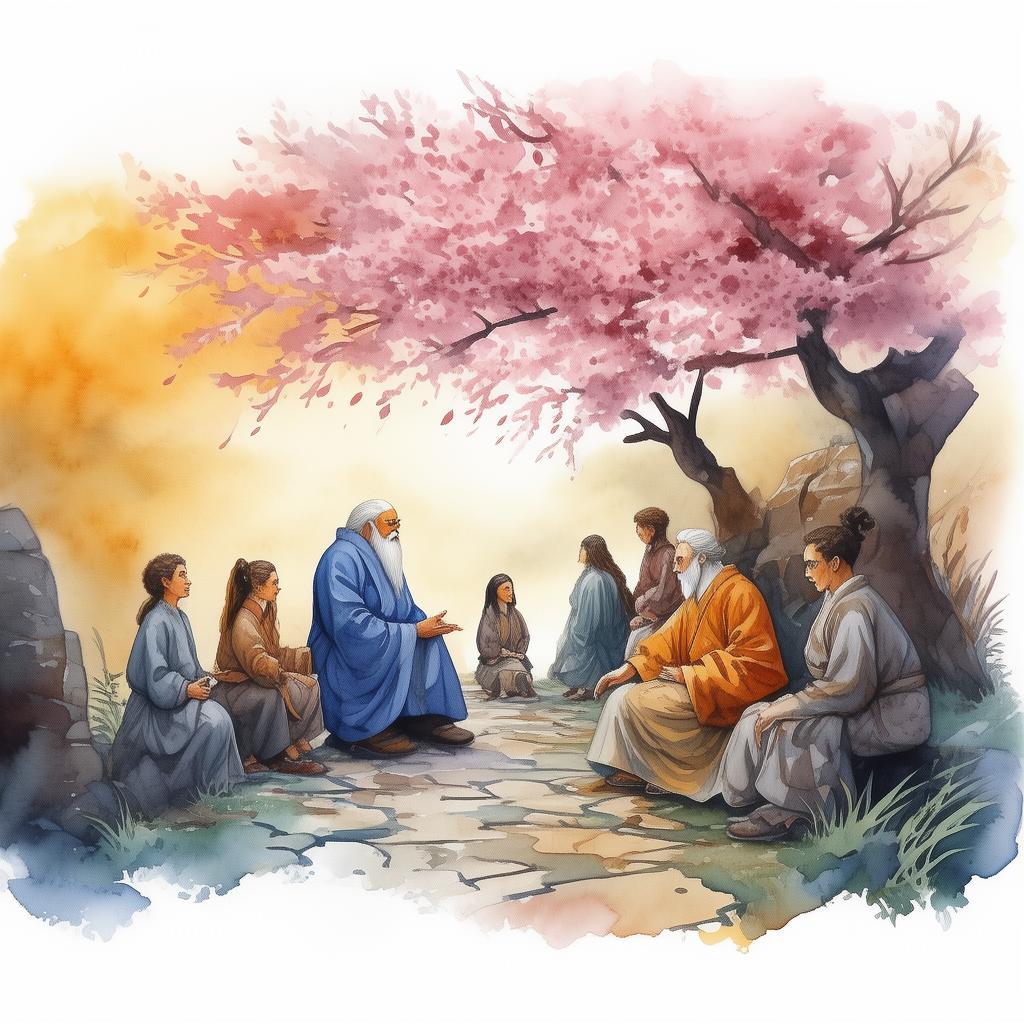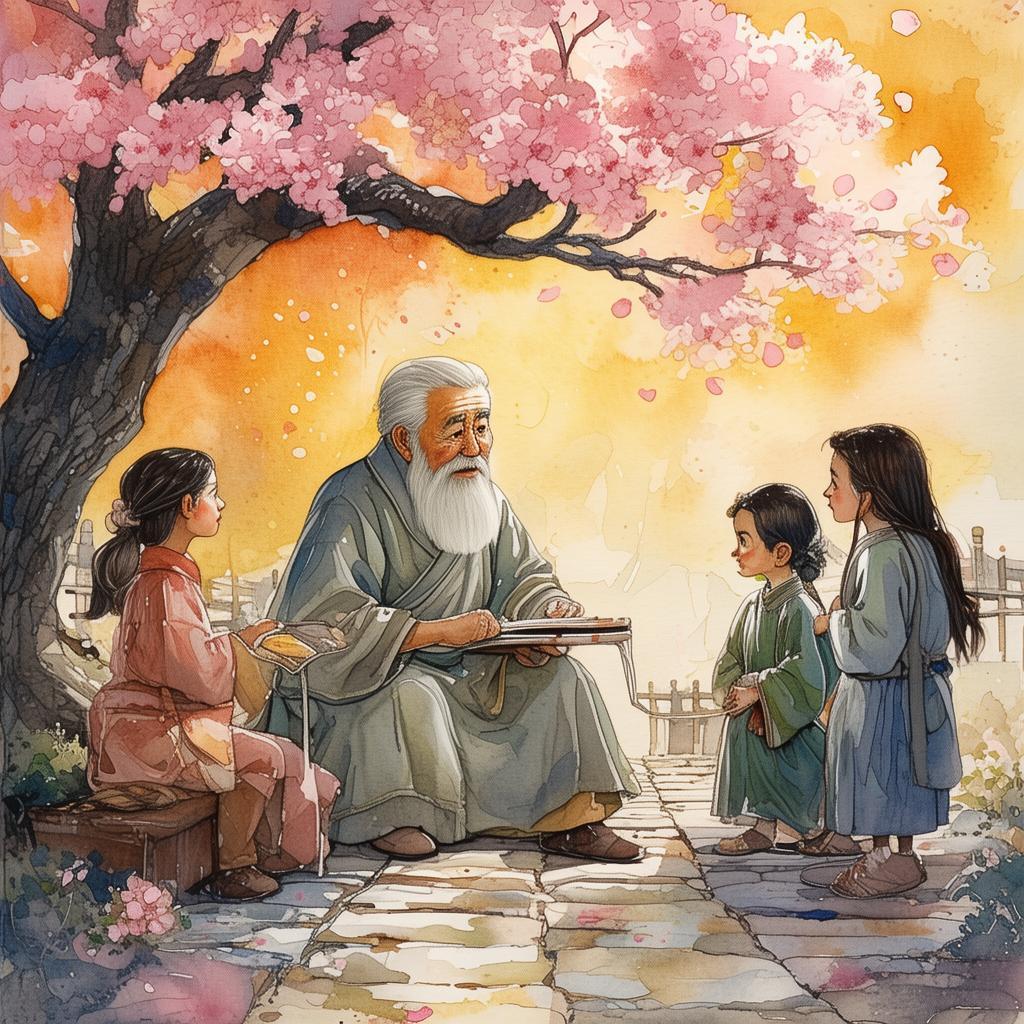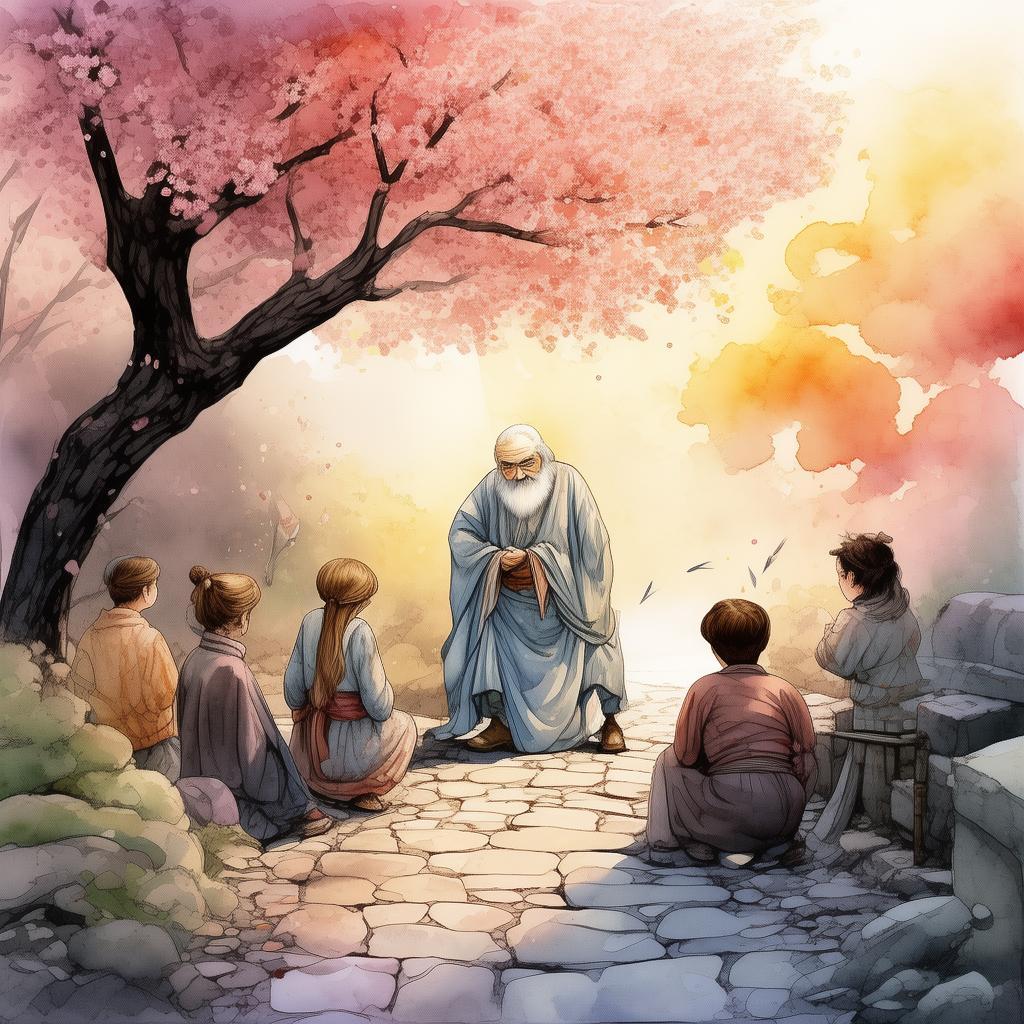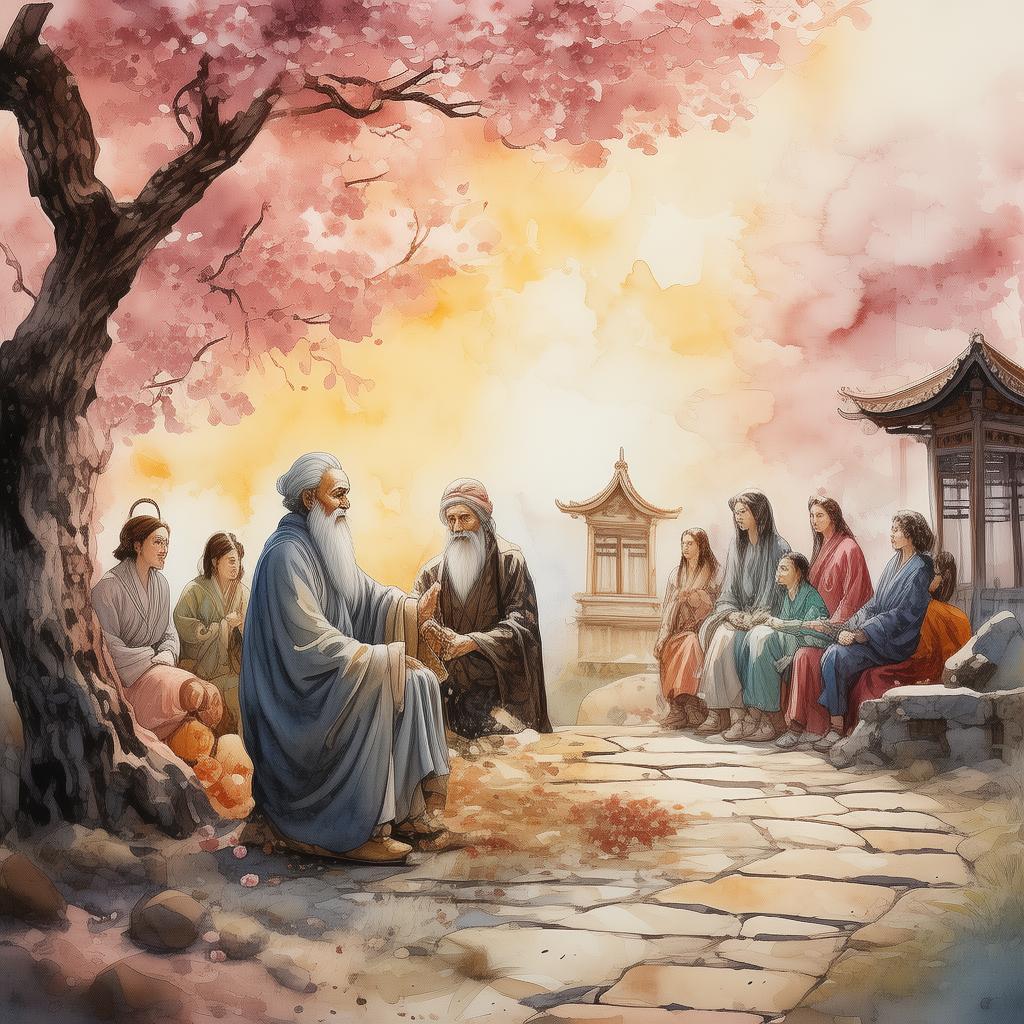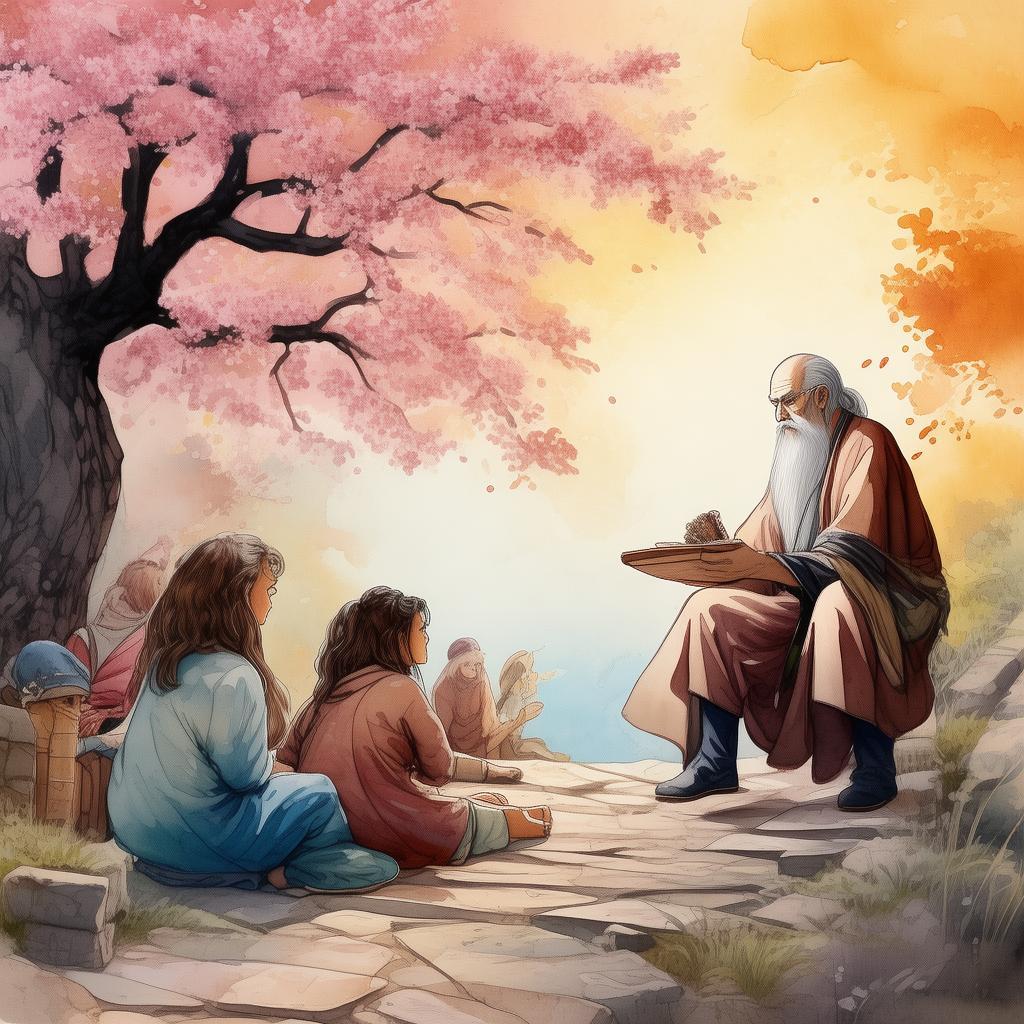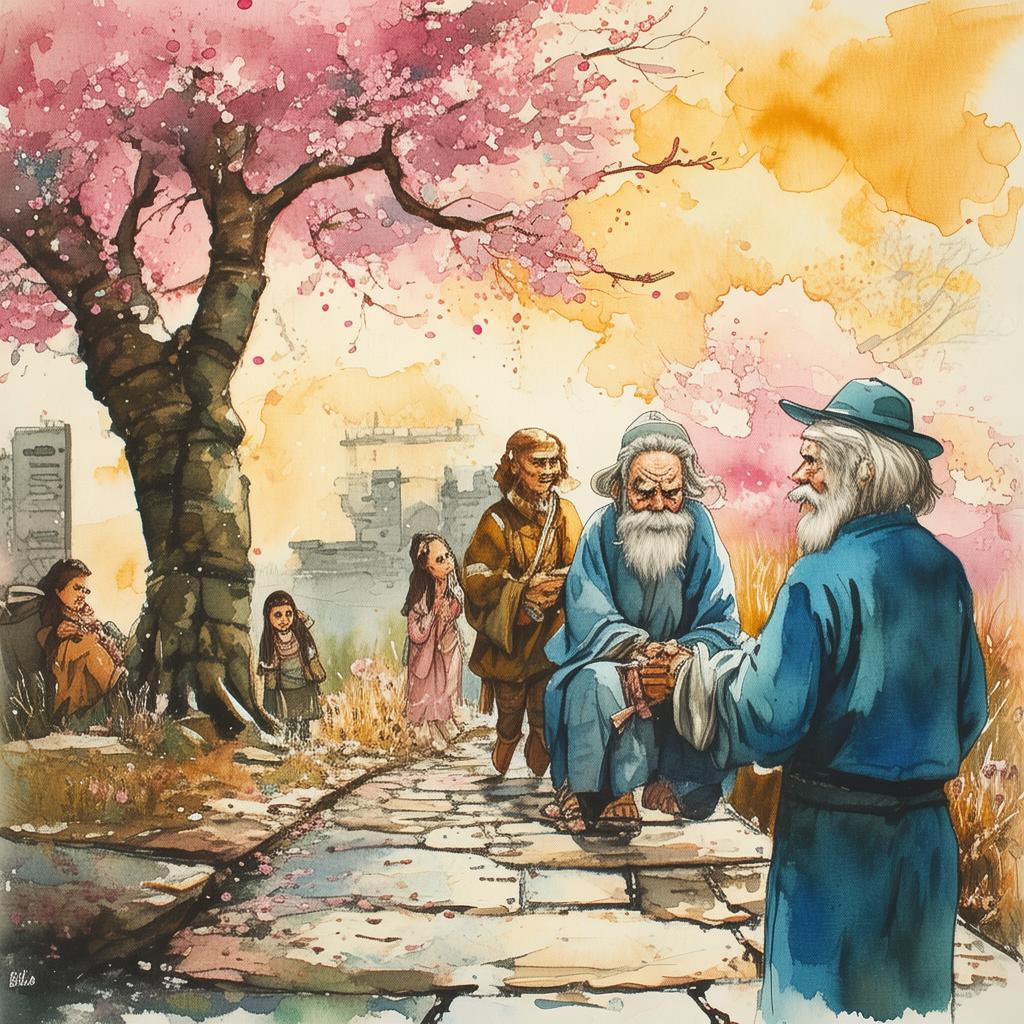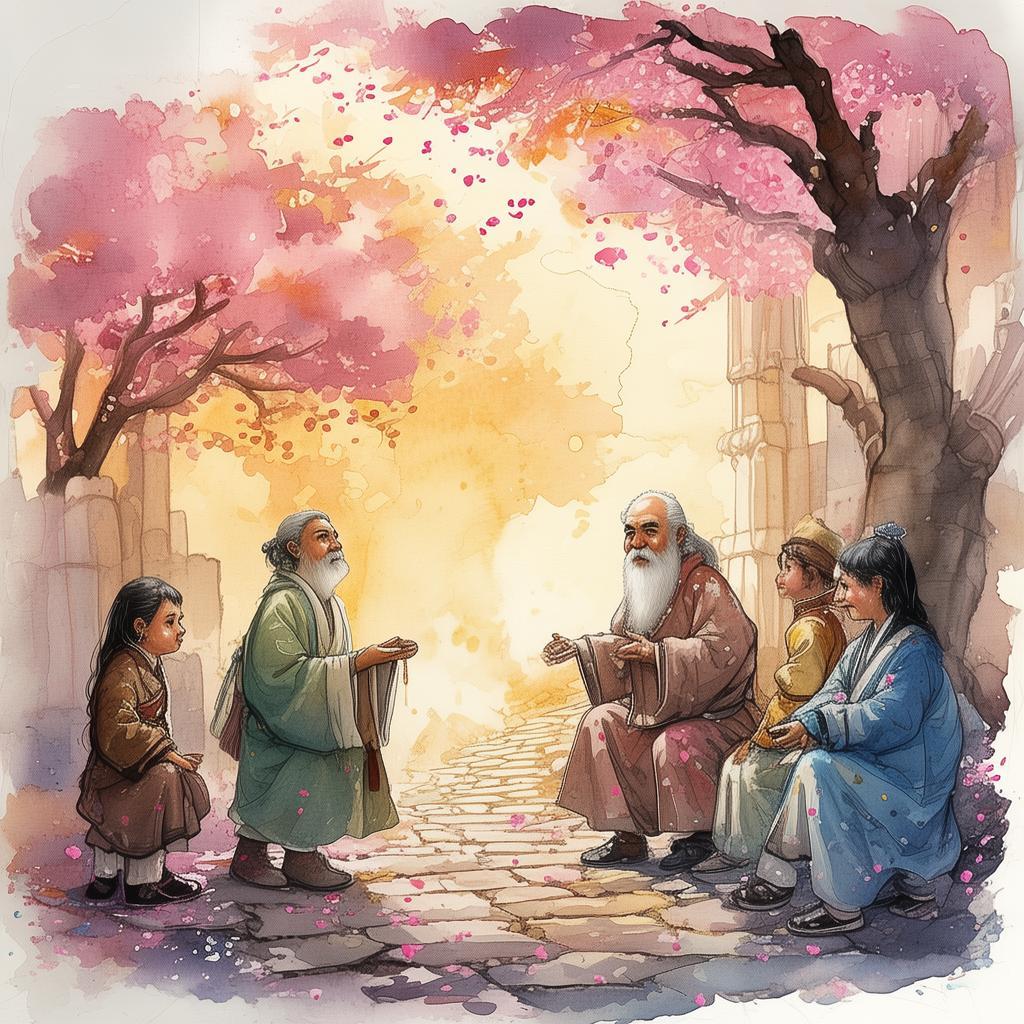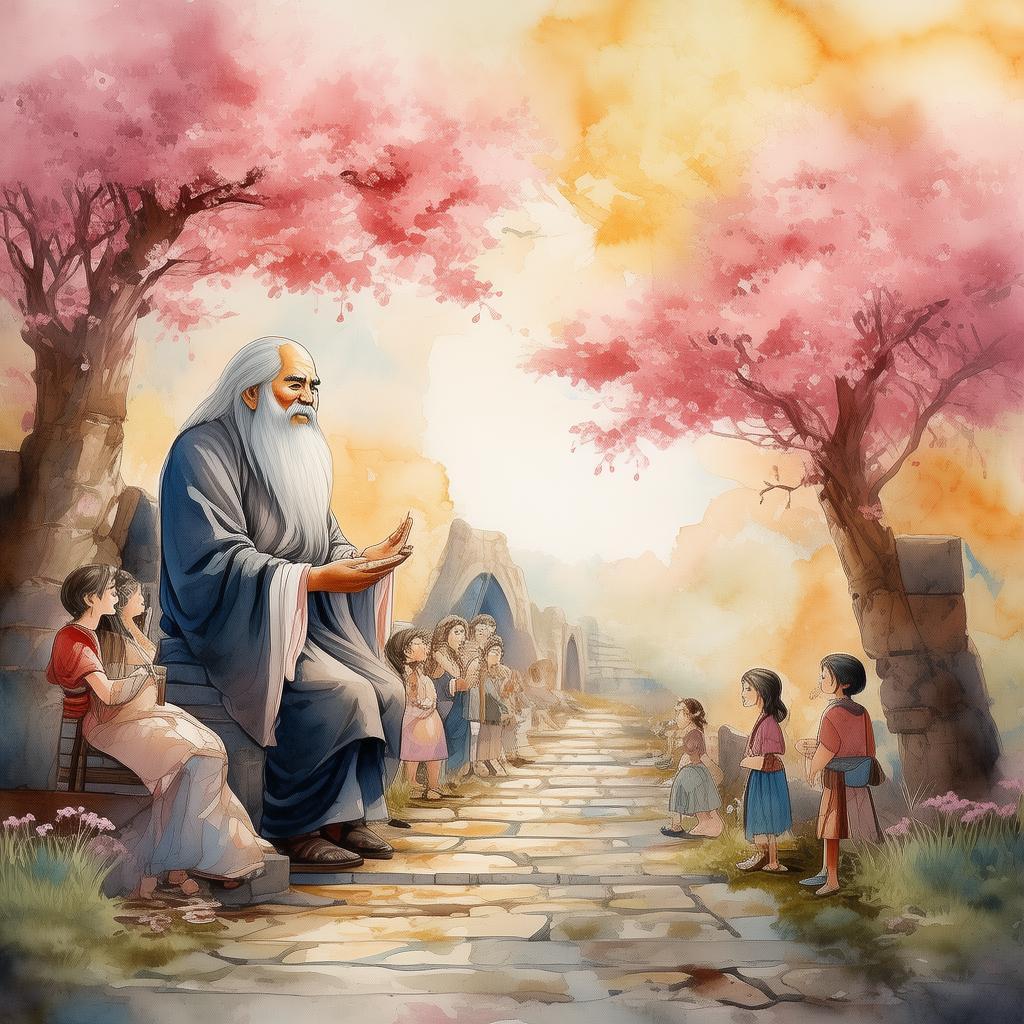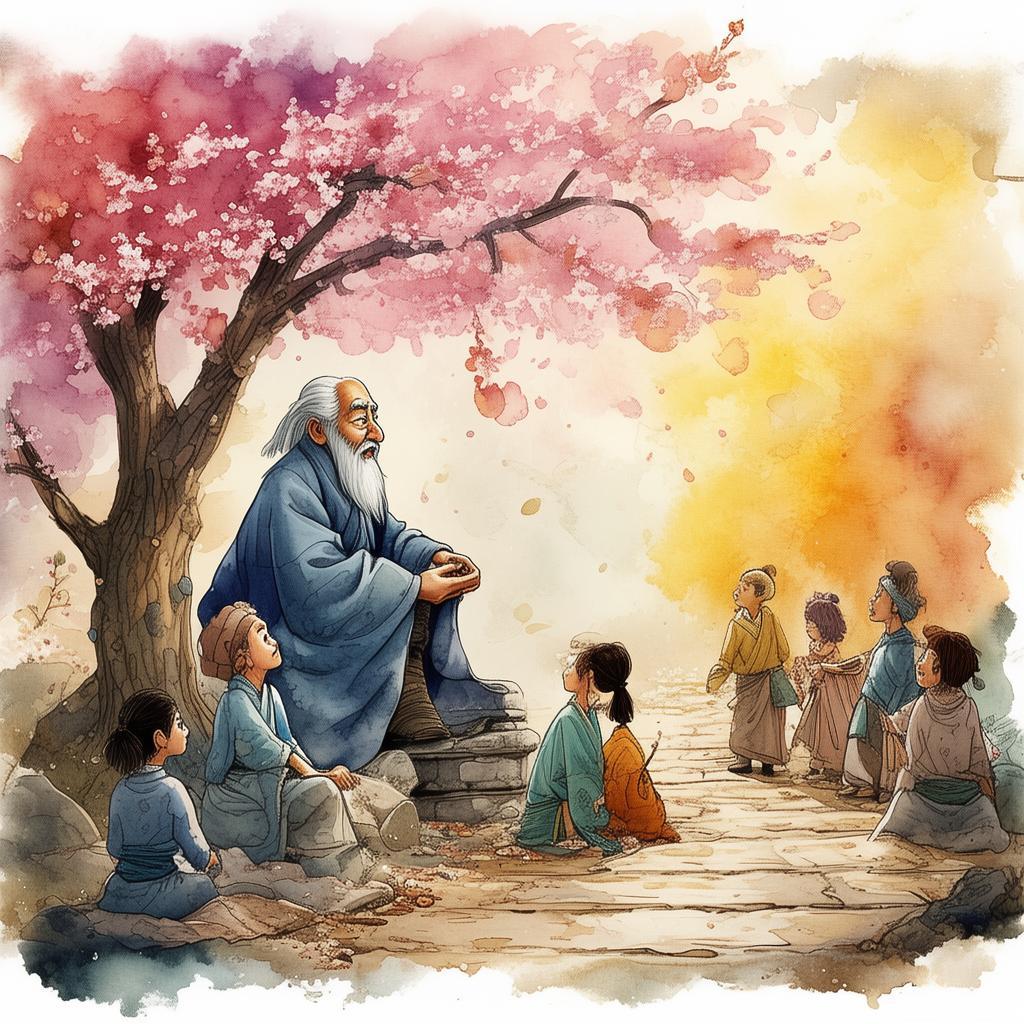The Bard's Resonance: Echoes of the Final Symphony
In the heart of the ancient city of Lyria, where the air was thick with the scent of blooming jasmine and the sound of lutes, there lived a bard named Elara. Her melodies could soothe the fiercest of storms and stir the deepest of hearts. Elara was known far and wide as the Bard of Lyria, a master of the strings who could weave the very essence of life into her music.
The city was abuzz with rumors of Elara's impending retirement. She had been performing her masterpieces for decades, and the people of Lyria were preparing for the day when they would no longer hear her enchanting notes. It was said that on her last night of performance, Elara would play a symphony unlike any other—a symphony that would resonate with the soul of the city and echo through the ages.
As the night of Elara's final concert approached, the city was draped in an air of both anticipation and melancholy. People from all walks of life gathered at the grand hall, their hearts heavy with the knowledge that this was the final time they would witness the Bard's artistry.
Elara sat alone in her chamber, the room illuminated only by the soft glow of the lanterns. She had spent the better part of her life composing the symphony, a work that was to be her testament to the world. It was a symphony that was not just a collection of notes but a reflection of life's journey.
The first movement was a sonata of birth, with the notes soaring high and bright, capturing the innocence and wonder of the world. As the symphony progressed, it transitioned into a dance of youth, the melody filled with the playful energy and zest for life that only the young can possess.
The third movement was a lullaby, a gentle and soothing melody that spoke of love and the comfort it brings. It was followed by a powerful and dramatic aria that depicted the trials and tribulations of adulthood, the ups and downs that shape our character.
As the symphony reached its midpoint, the fourth movement was a march, a triumphant and resolute piece that symbolized the courage and strength to face life's challenges. It was a reminder that even in the darkest of times, there is always hope.
The fifth movement was a ballad, a tender and heartfelt piece that celebrated the beauty of friendship and the enduring bonds of love. It was a melody that resonated with the universal language of humanity.
The sixth movement was a prelude, a piece that hinted at the coming of age and the responsibilities that accompany it. It was a reflection on the past and a look forward to the future.
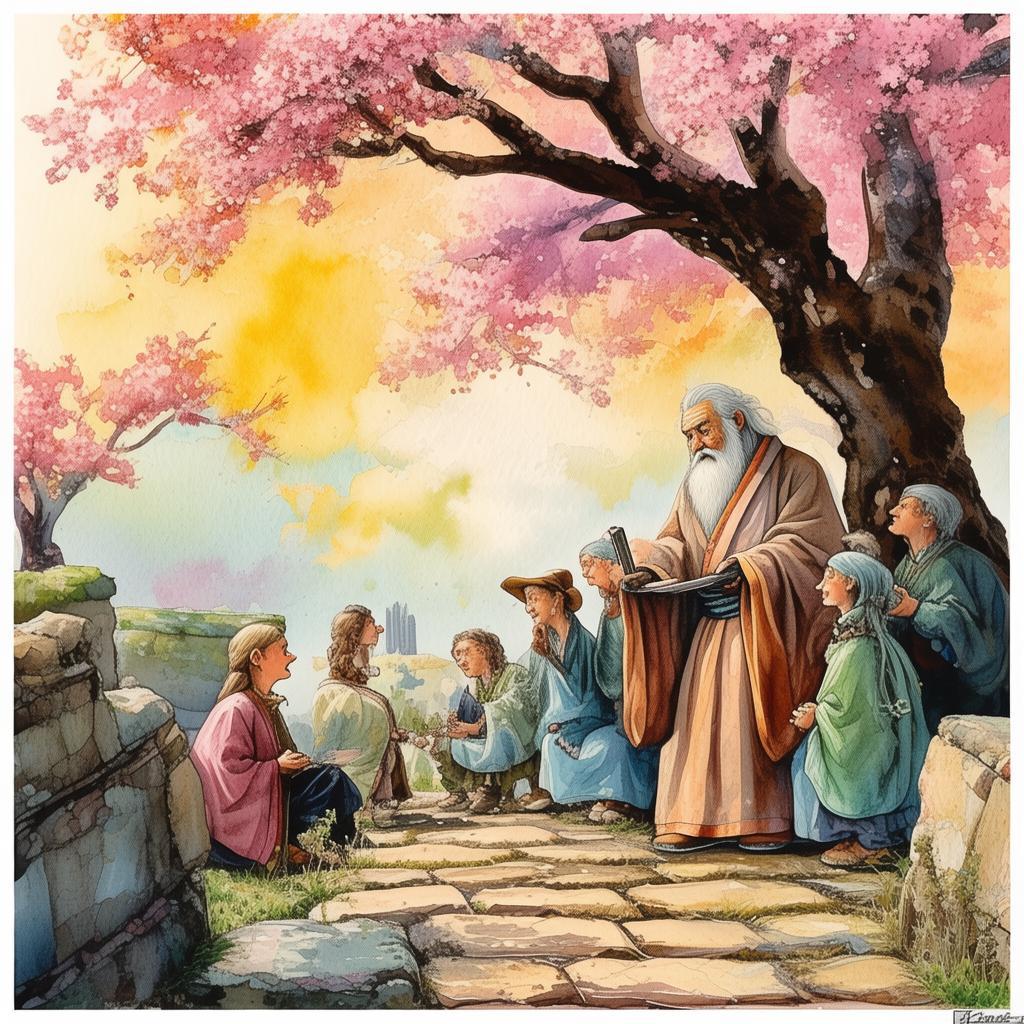
As the symphony approached its final movement, the air in the hall was thick with anticipation. The final movement was the heart of the symphony, a piece that would encapsulate the essence of life's journey.
The first notes of the final movement were somber, a reflection on the inevitability of death. The melody grew more intense, capturing the chaos and confusion that often accompany the end of life. But as the music reached its crescendo, a single note, pure and clear, emerged above the tumult, a note that spoke of peace and acceptance.
Elara played with such passion and emotion that the very walls seemed to resonate with her music. The audience was captivated, their eyes filled with tears and their hearts touched by the beauty of the symphony.
As the final note faded, the hall was filled with a silence that seemed to hold the weight of the entire world. Then, as if by magic, the music began to play again, not from the strings of Elara's lute, but from the very air around them. The symphony was no longer just a performance; it was a living, breathing thing, resonating with the very soul of the city.
The people of Lyria realized that Elara had not just given them a symphony, but a gift—a gift that would keep on giving. The symphony, now a part of the city's collective memory, would continue to resonate with every life that passed through the streets of Lyria.
Elara's retirement was marked not by the end of her legacy, but by the beginning of a new chapter in the city's history. The Bard's Resonance had become a symbol of the enduring power of music and the timeless journey of life.
And so, the legend of Elara and her Final Symphony lived on, a testament to the power of art to touch the human spirit and inspire generations to come.
✨ Original Statement ✨
All articles published on this website (including but not limited to text, images, videos, and other content) are original or authorized for reposting and are protected by relevant laws. Without the explicit written permission of this website, no individual or organization may copy, modify, repost, or use the content for commercial purposes.
If you need to quote or cooperate, please contact this site for authorization. We reserve the right to pursue legal responsibility for any unauthorized use.
Hereby declared.
